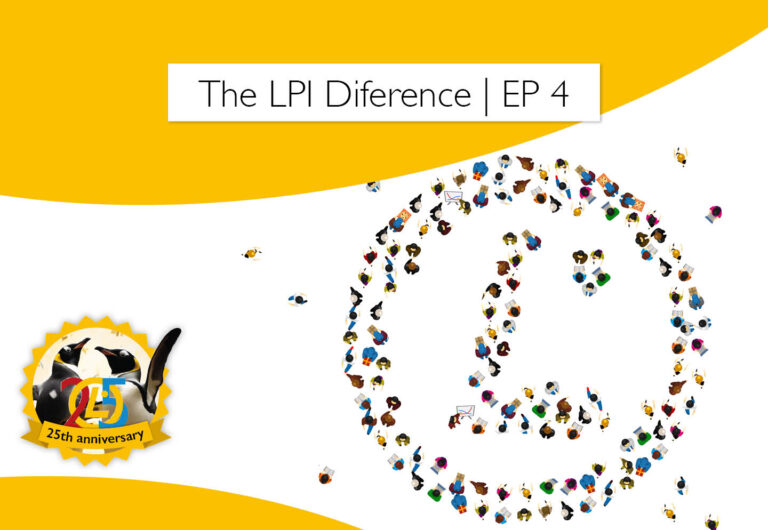The LPI Difference #4: Community Involvement Through LPI Membership

Certification organizations tend to be viewed as gate-keepers: The certification seeker stands outside while trying to muster up the magic incantation that lets them into the inner sanctum. Linux Professional Institute (LPI) instead sees itself as a partner of each certificate holder, giving them incentives to engage in activities that further their professional growth as well as the field of open source.
LPI not only serves open source communities as a professional organization, but also seeks to include large groups of people from these communities. As part of this effort, we created an LPI Membership program in 2020. Anyone who has a professional LPI certificate can become a Member. To attract participants, a number of benefits are offered—most strikingly, a chance to extend your certification indefinitely by meeting certain criteria.
Membership reflects the reality that people working in a field keep up their skills through their everyday activities. We don’t force certification holders to retake a test over and over to keep their certification from expiring. Instead, they maintain Membership by reporting a large range of workplace, community-building, and educational activities that they probably engage in anyway. It’s even possible to extend LPI certification by getting certification from another organization. This benefit is called the Professional Development Unit program.
These practical benefits are what prompt most certificate-holders to become Members. But LPI’s goal is not just to recognize their skills and save them money. As part of creating community, we intend for Members to set LPI’s direction over upcoming years. We are designing committees they can participate in, and devote three seats to Members on our Board of Directors.
In this way, we want LPI to remain responsive to the people who get our certificates and, through them, to the larger free and open source community.
